Navigating Chicago’s As-Is Home Sales: Fire Damage, Legal Tips & Property Value
1163102141751811261231011101112316112616111110151110116161210131031331312110101123113171891025141101…….
Selling a home affected by fire damage, especially in the vibrant city of Chicago, presents unique challenges. This article aims to illuminate the path for homeowners facing this situation, offering a comprehensive strategy to navigate the real estate market successfully. We will delve into various aspects, from understanding the process to exploring technological innovations and policy implications, providing a holistic view of how to sell a house with fire damage in Chicago. By the end, readers will be equipped with knowledge and insights to make informed decisions, ensuring a smoother transition during this critical time.
Definition: Selling a house with fire damage in Chicago refers to the process of marketing and selling a residential property that has sustained partial or significant fire-related destruction. This includes homes where a fire has caused structural damage, charred walls, smoke discoloration, or other visible evidence of a fire incident.
Key Components:
Assessment: The initial step involves evaluating the extent of the fire damage. Professional inspectors and appraisers can assess the property’s structural integrity, identify repair needs, and determine the potential value after renovations.
Renovation Planning: Based on the assessment, a renovation strategy is devised. This may include repairs, rebuilding efforts, or even partial demolition to mitigate the damage and enhance the home’s appeal.
Market Analysis: Understanding the Chicago real estate market is crucial. Researching comparable sales, local trends, and buyer preferences will help set realistic expectations for the property’s resale value.
Legal and Insurance Considerations: Homeowners must navigate insurance claims, understand their policy coverage, and comply with local building codes and zoning regulations during the renovation process.
Historical Context: Fire damage to properties has been a recurring issue in Chicago, particularly in densely populated areas. Over time, the city’s approach to addressing these situations has evolved:
Post-Great Chicago Fire (1871): After one of the nation’s deadliest fires, Chicago implemented stringent building codes and zoning regulations, shaping its urban landscape for centuries to come.
Modern Era: With advancements in construction techniques and fire safety measures, contemporary homes are better equipped to withstand fires. However, when a fire does occur, the process of selling such properties requires specialized knowledge and attention to detail.
The concept of selling fire-damaged properties is not limited to Chicago; it has global implications, with each region adopting unique approaches:
| Region | Trends and Considerations | Notable Examples |
|---|---|---|
| North America | Strict building codes and insurance requirements make property sales after fires stringent but well-regulated. | The US Federal Emergency Management Agency (FEMA) offers guidelines for fire-damaged properties, ensuring safe renovation practices. |
| Europe | Diverse regulations across countries; some regions have robust reconstruction programs, while others focus on gradual renovation. | Germany’s extensive insurance coverage and government support for rebuilding post-disaster homes are notable examples. |
| Asia Pacific | Rapid urban development often leads to less stringent fire safety measures, making property sales after fires more challenging. | Japan’s rigorous building standards contrast with some Southeast Asian countries where reconstruction efforts may take longer due to land ownership complexities. |
The Chicago real estate market, like many others, is influenced by economic factors:
Supply and Demand: In a buyer’s market, homeowners may have more leverage to negotiate prices, especially if the fire damage is extensive. Conversely, in a seller’s market, buyers might drive up prices, even for damaged properties.
Neighborhood Factors: Properties in affluent neighborhoods often recover their value faster due to robust local economies and high demand.
Fire-damaged homes can present opportunities for real estate investors:
Flipping: Investors may acquire fire-damaged properties at discounted prices, renovate them, and resell for a profit. Chicago’s competitive market offers potential for successful flips.
Long-Term Holdings: Some investors prefer to hold onto damaged properties, anticipating future appreciation as the area revitalizes.
The process of selling fire-damaged homes contributes to Chicago’s economic system:
Local Construction Industry: Renovations stimulate employment in construction, plumbing, electrical, and design sectors.
Real Estate Market Fluctuations: The sale of such properties can impact housing prices, supply, and demand dynamics across the city.
Technology plays a pivotal role in modernizing the fire-damaged property sales process:
Virtual Reality (VR) Tours: VR technology allows potential buyers to virtually walk through the property, providing a realistic experience despite the current state of the home.
Drone Inspections: High-resolution drones capture aerial footage, offering a bird’s-eye view of the damage and surrounding area, which can be invaluable for marketing and assessment purposes.
Online Marketplaces: Dedicated real estate platforms and apps make it easier for homeowners to list fire-damaged properties, reaching a broader audience of buyers and investors.
Building Information Modeling (BIM): BIM software creates 3D digital models, aiding in renovation planning, cost estimation, and visual representation for potential buyers.
Chicago’s local government plays a critical role in facilitating the sale of fire-damaged properties:
Building Codes: Adherence to strict building codes ensures that renovations meet safety standards, enhancing property value and market appeal.
Zoning Regulations: Understanding zoning laws is essential as they dictate the permitted uses and development potential of a property, impacting its resale value.
Insurance Claims: Homeowners must navigate insurance policies, ensuring they receive adequate coverage for repair or reconstruction costs.
Disaster Relief Programs: Chicago may offer assistance programs for homeowners affected by fires, providing grants or low-interest loans to facilitate rebuilding efforts.
Consult Professionals: Engage the services of experienced real estate agents specializing in fire-damaged property sales. They can provide valuable insights and market analysis. Additionally, consult with contractors for renovation estimates and appraisers for accurate property valuations.
Document Damage: Create a comprehensive inventory of the fire damage, including photos and videos. This documentation will be crucial during the insurance claim process and when marketing the property.
File Insurance Claims: Contact your insurance provider promptly to file a claim. Be prepared to provide detailed information about the incident and any subsequent repairs or renovations planned.
Renovate or Repair: Based on the assessment, decide whether to renovate, rebuild, or repair. Ensure that all work complies with local building codes and obtain necessary permits.
Market the Property: Utilize modern marketing techniques, including online listings, social media, and targeted advertising. Highlight the property’s potential, focusing on its location, nearby amenities, and any positive aspects resulting from the fire (e.g., updated electrical systems).
Negotiate and Accept Offers: Engage in open communication with prospective buyers, addressing their concerns about the fire damage. Be prepared to negotiate and consider offers that align with your financial goals and market value.
Close the Sale: Once an offer is accepted, work with your attorney and the buyer’s representative to ensure a smooth closing process, including finalizing insurance claims, permits, and any necessary legal documents.
Q: Can I sell my fire-damaged home as-is?
A: While it is possible to sell a property “as-is,” it may limit your options and potential buyer pool. Comprehensive repairs or renovations often increase the property’s value and marketability.
Q: How do I choose a real estate agent for this process?
A: Look for agents specializing in fire-damaged property sales, preferably with experience in Chicago’s market. Their expertise will be invaluable in navigating this unique situation.
Q: What if the damage is extensive, and renovation costs are high?
A: In such cases, consider consulting with a financial advisor to assess your options, including potential short sales or negotiating with lenders for debt relief.
Q: Are there tax implications I should be aware of?
A: Yes, major renovations may trigger capital gains taxes or other tax considerations. Consult with an accountant or tax advisor to understand your specific obligations.
Selling a house with fire damage in Chicago is a complex process, but with the right knowledge and support, homeowners can successfully navigate this challenging situation. By understanding the market dynamics, leveraging technology, and adhering to legal requirements, homeowners can convert a potential setback into an opportunity for a fresh start.
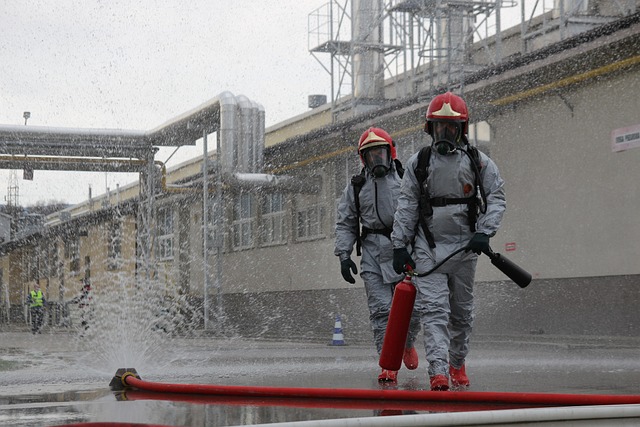
1163102141751811261231011101112316112616111110151110116161210131031331312110101123113171891025141101…….
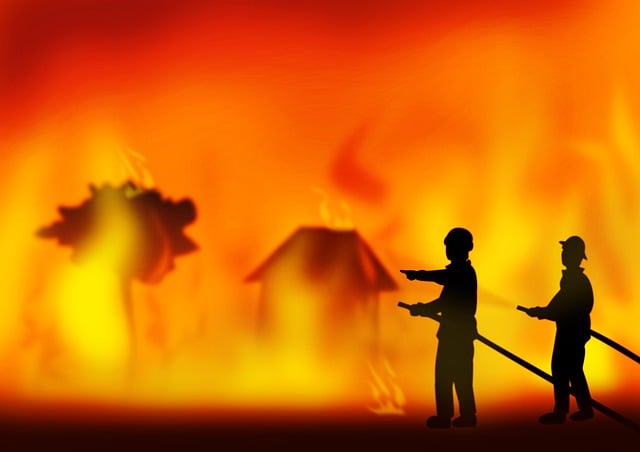
Fire-damaged properties in Illinois, particularly Chicago, offer unique real estate opportunities th…….

Selling a home with fire damage in Chicago requires a strategic approach. Homeowners should assess a…….
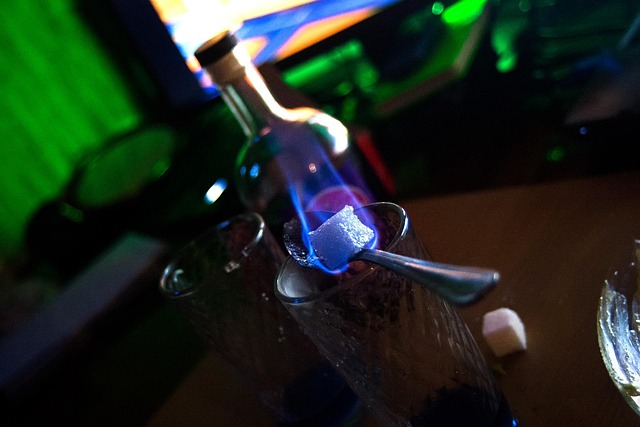
In Chicago, water and fire damage repair services are vital for homeowners aiming to sell their prop…….
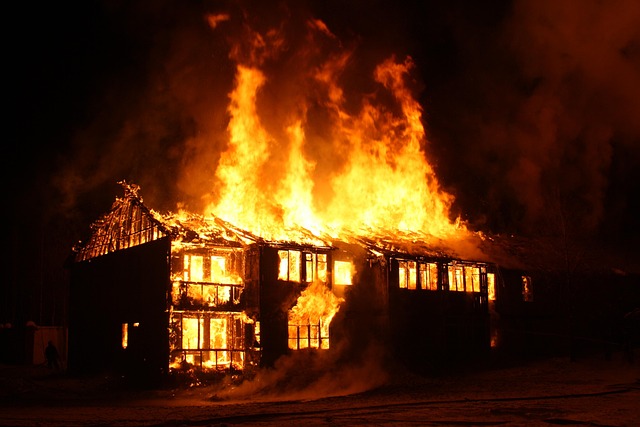
House flipping in Chicago presents unique challenges due to its diverse neighborhoods and competitiv…….

After a fire damages a Chicago property, swift action is vital for minimizing smoke damage and resto…….
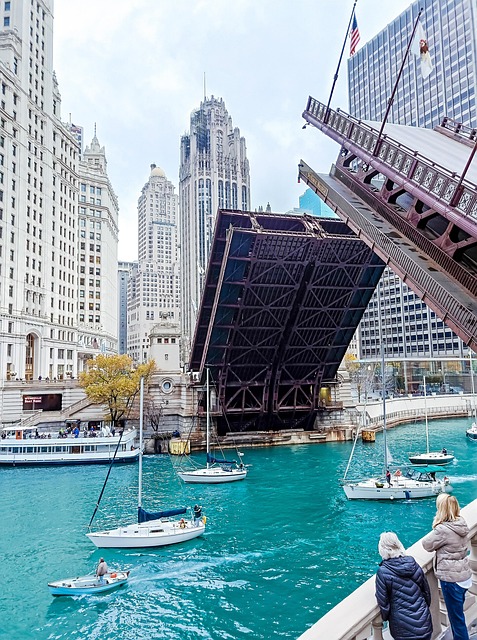
Fire damage restoration is vital for Chicago homeowners aiming to sell, as it transforms post-fire p…….

Selling a house with fire damage in Chicago requires understanding detailed fire damage assessments…….